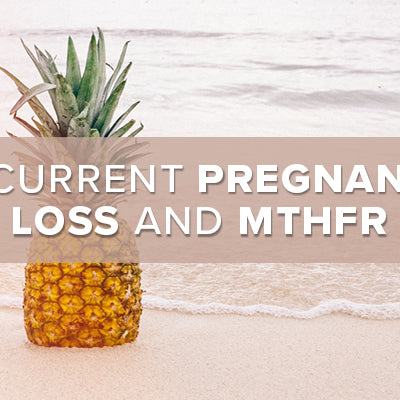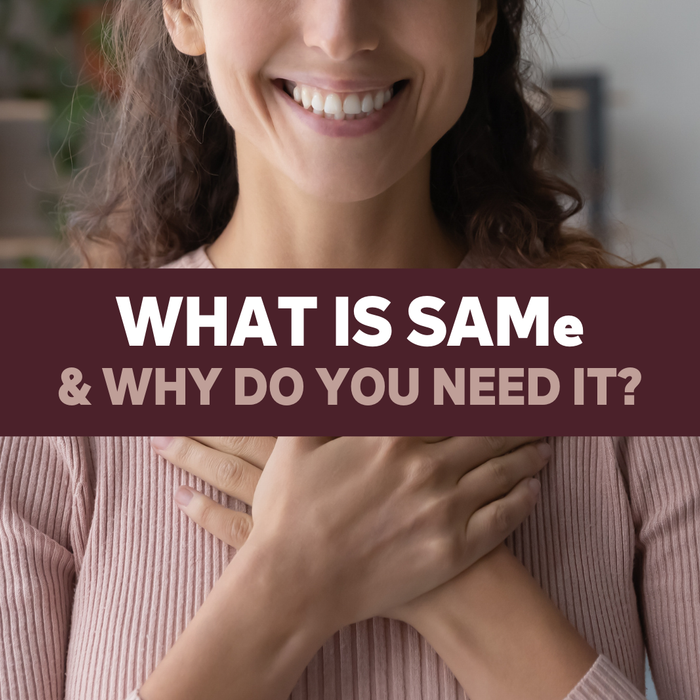
Recurrent Pregnancy Loss and MTHFR
Recurrent miscarriage can definitely be associated with MTHFR, but even with recent research, it is...
800-547-9812
800-547-9812

Recurrent miscarriage can definitely be associated with MTHFR, but even with recent research, it is...

Have you seen social media posts about a supplement called SAMe? Or perhaps your healthcare...

Many people want to know the exact fertility diet they should follow to maximize their...

**You may have noticed (or if not, you will soon!) that many of our Seeking...

Folate, or Vitamin B9, has many different names and comes in multiple forms. This adds...

You may have seen “methyl-free” on some of Seeking Health’s supplements. But what does this...

In hopes of a beautiful, healthy child, you start your search for the perfect prenatal...

Have you experienced a pregnancy loss? If so, our hearts go out to you and...

Do you want to support healthy aging, energy levels, and normal toxin elimination? Glutathione is...